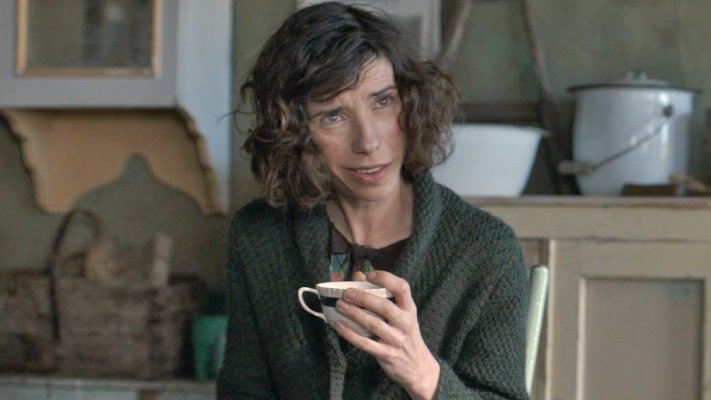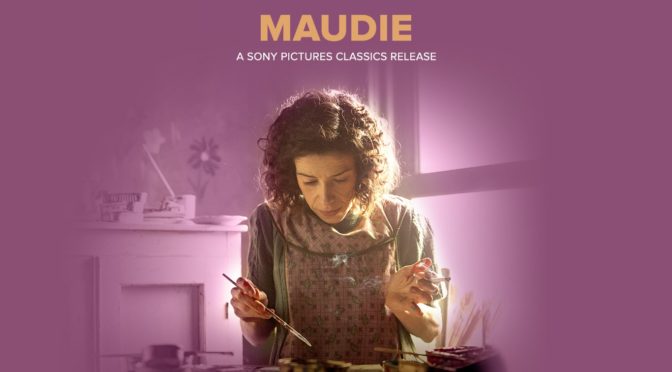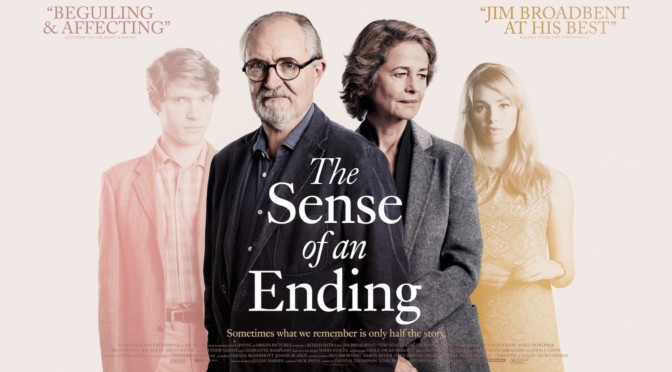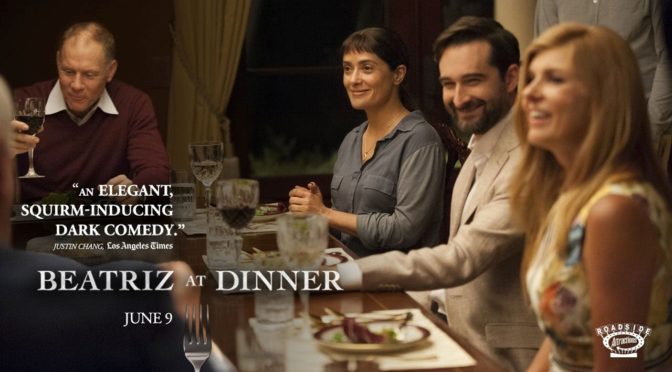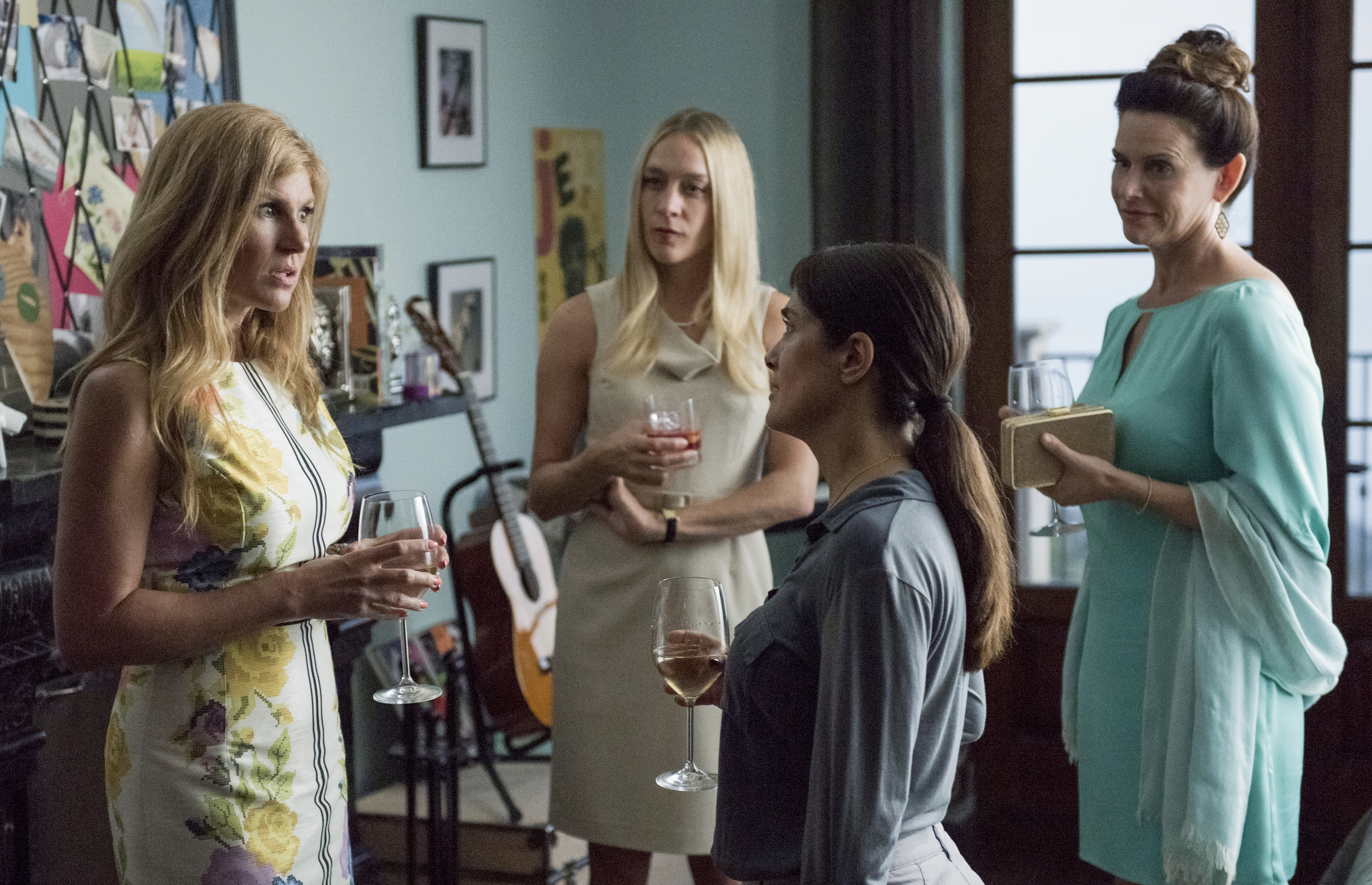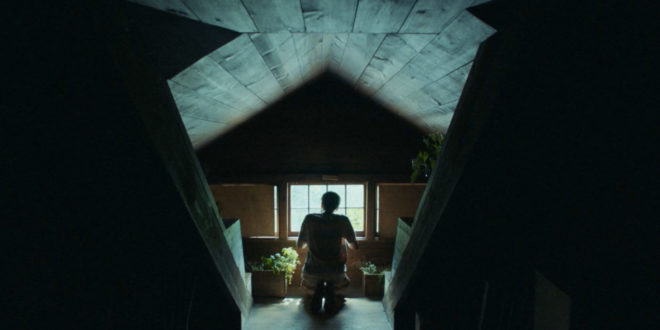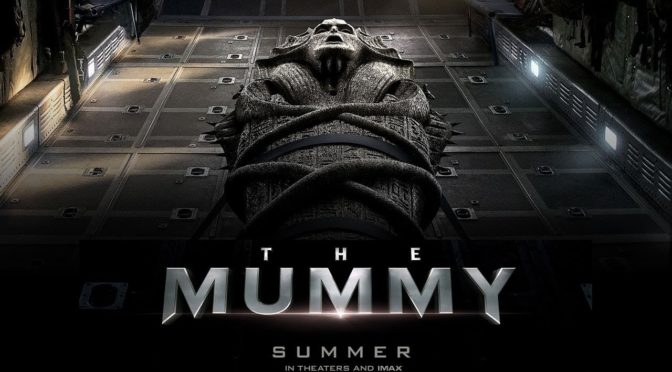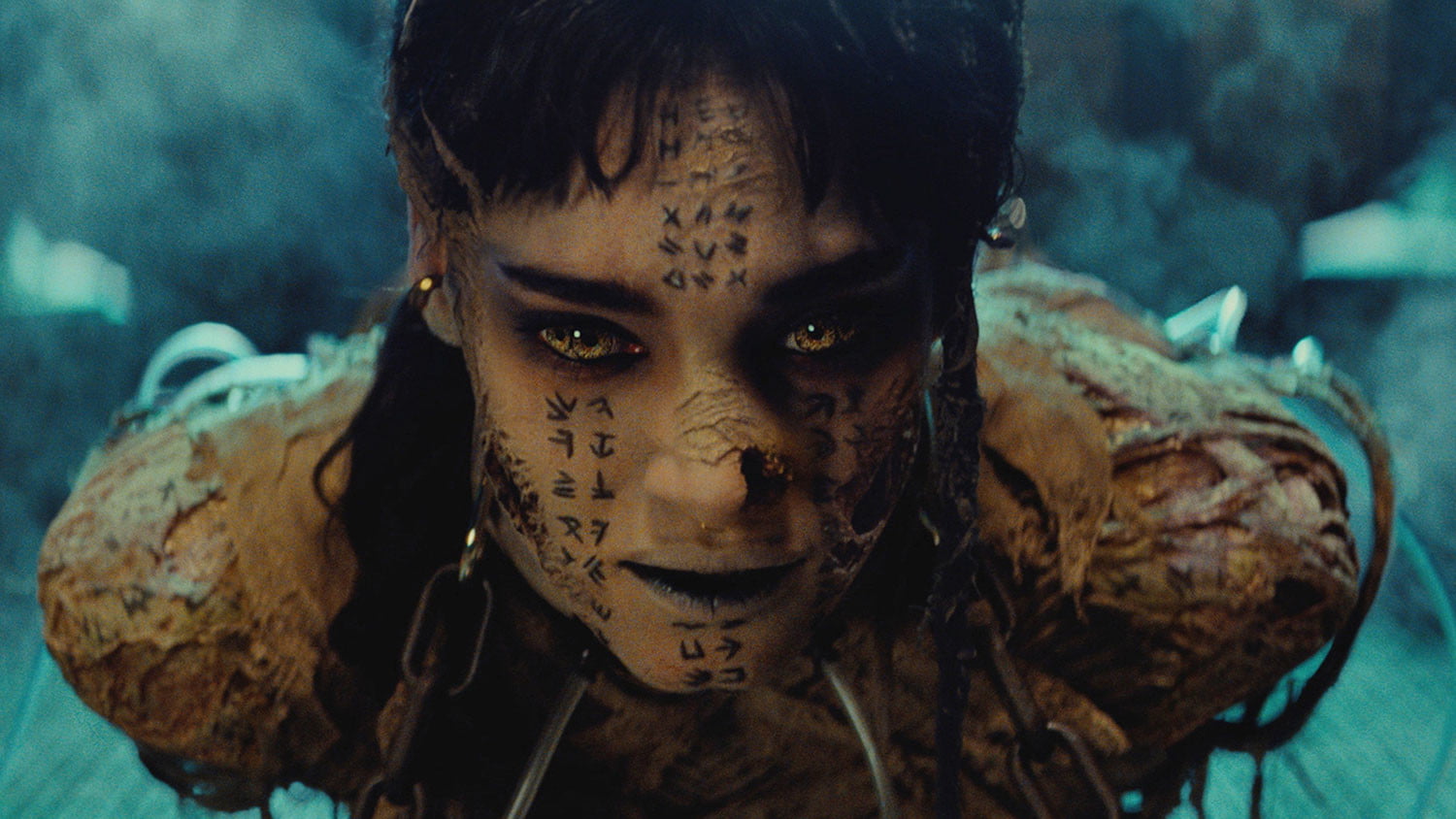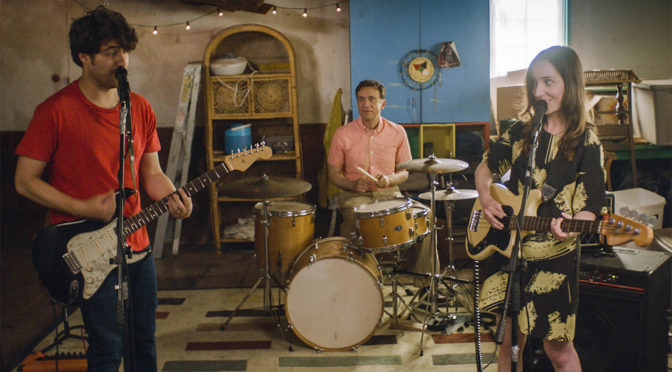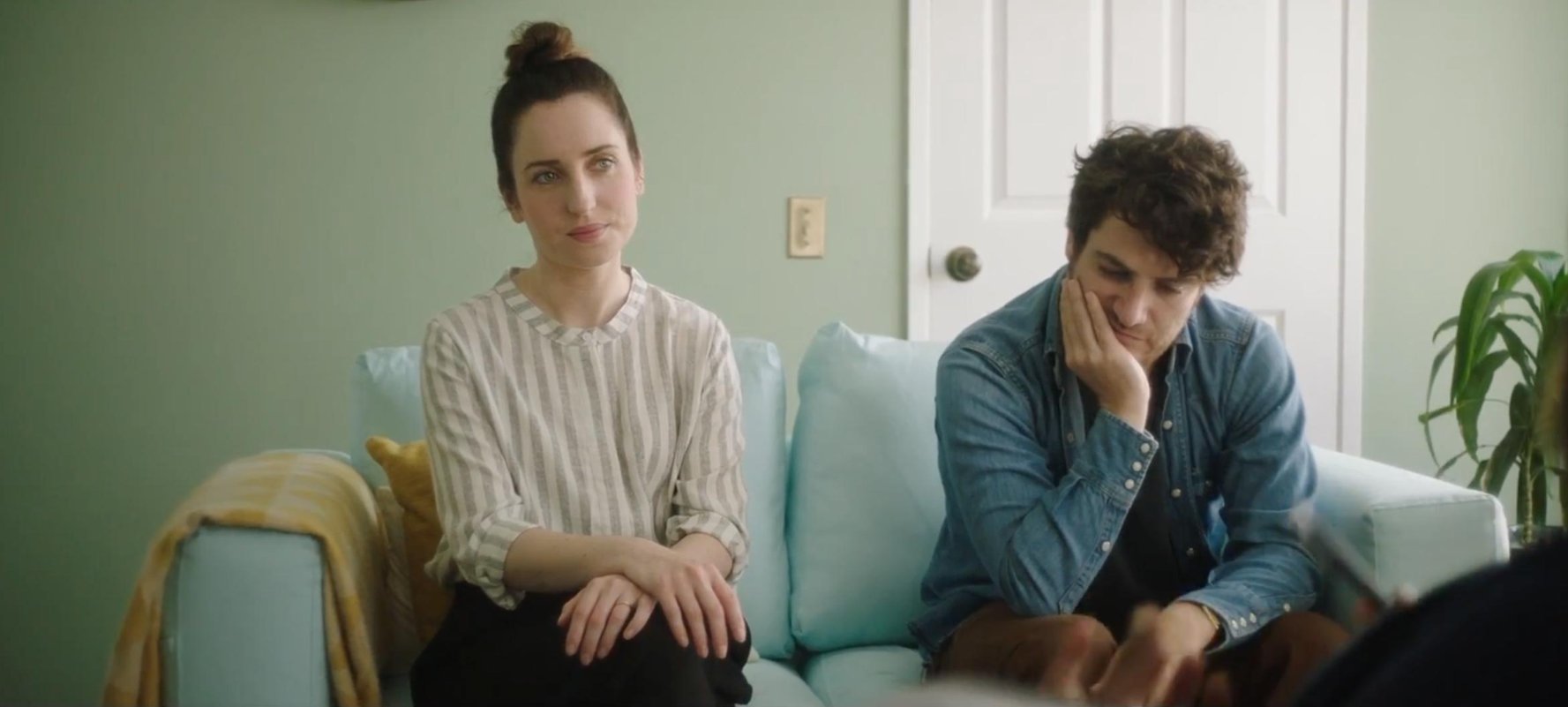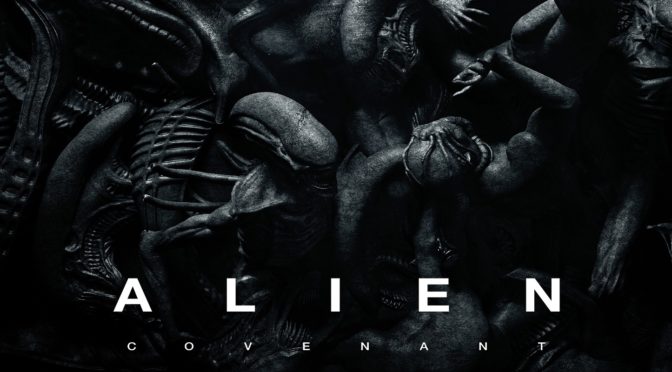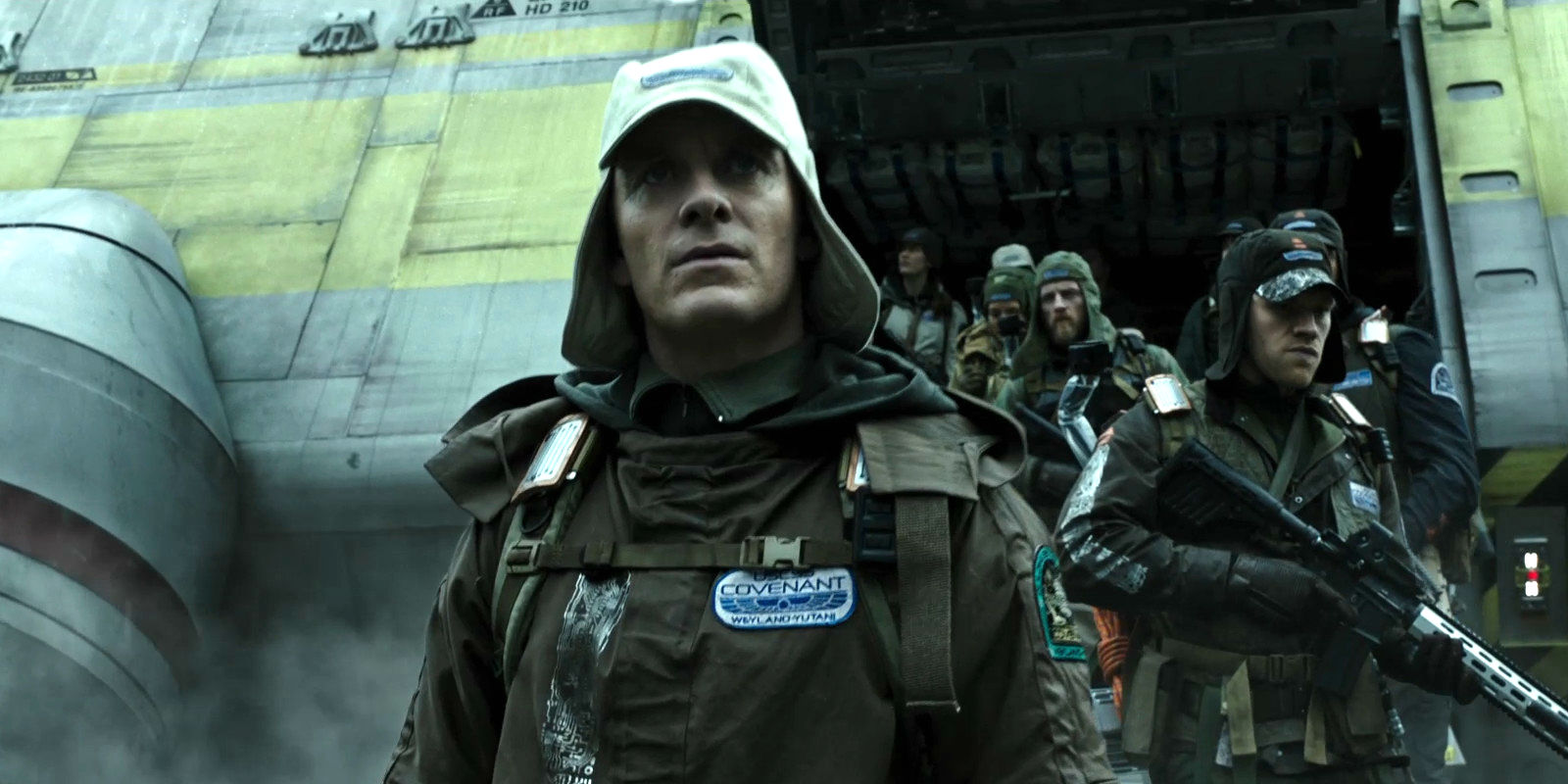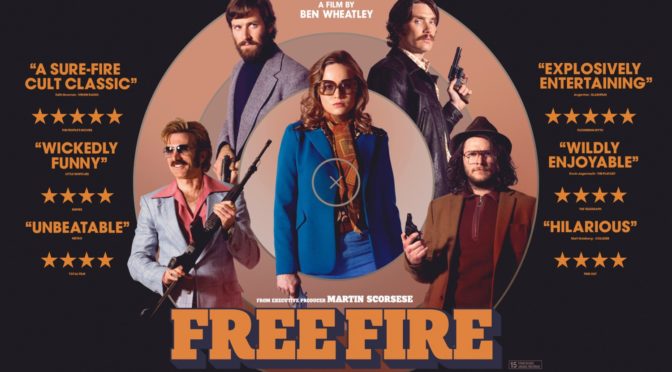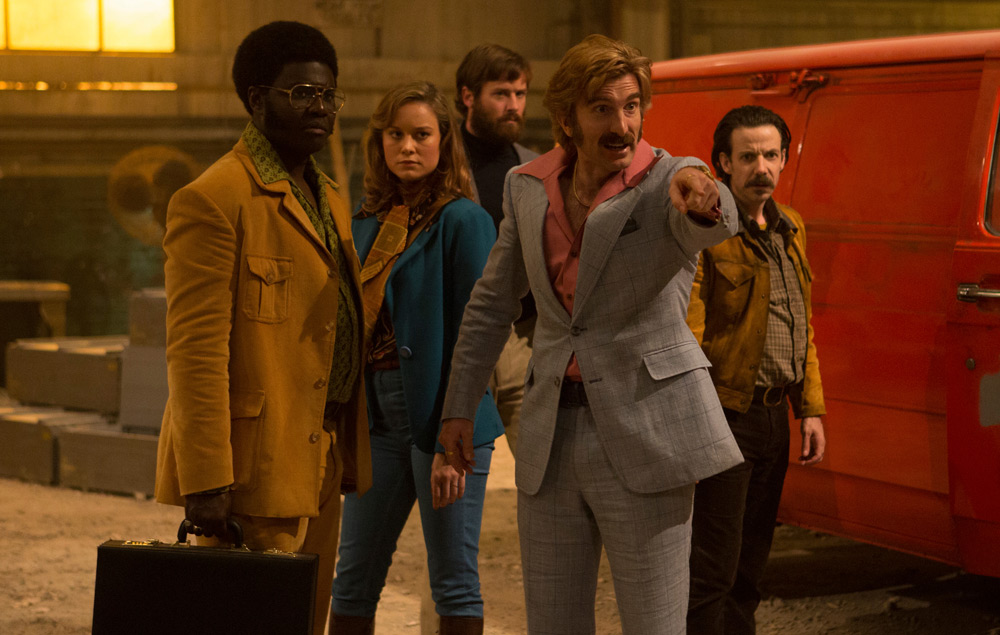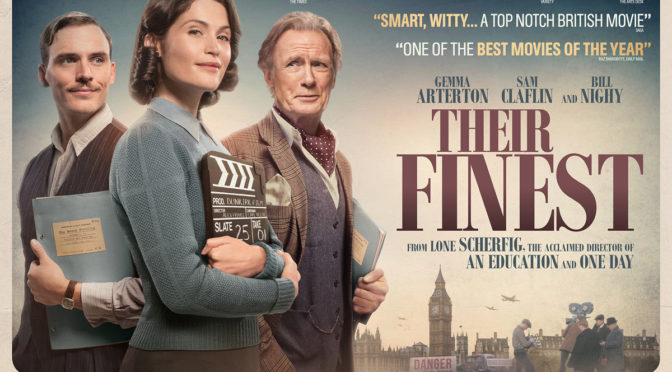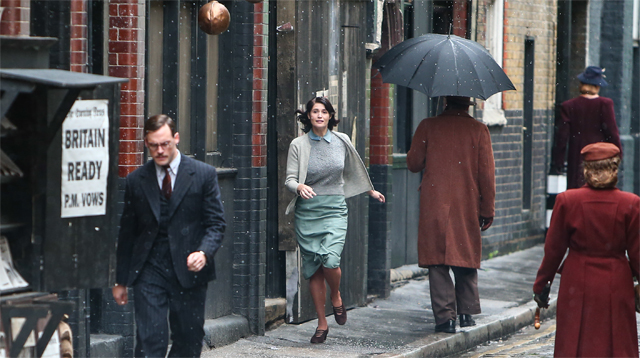2016 went by in a flash but some of its films have still left an impact. Yes, it has been a while since the year ended, but this list’s lack of timeliness means many of the movies discussed here are now available on streaming services.
One of the biggest surprises of the year was not just the quality of films but the strength of new filmmakers. Several of the films below are made by first-time directors which bodes incredibly well for the industry as a whole and means there will be even more impressive films sure to release in the future.
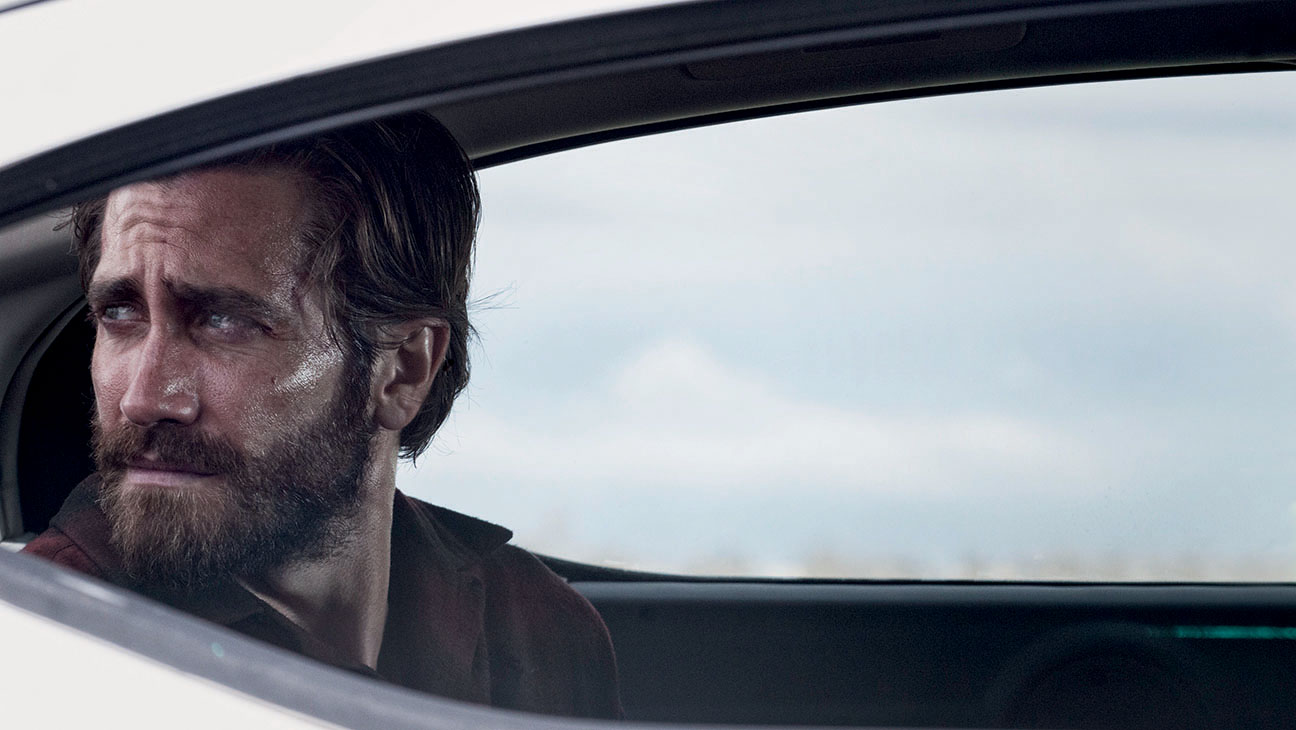
The framing narrative can be stale at times with unneeded avant-garde flourishes, but the inner story is thrilling. Tom Ford’s take on a Deliverance-style encounter is a frightening look at the fragility of one’s existence. Seemingly perfect lives can be destroyed in an instant and even deep affections can turn into resentment.
Streaming options
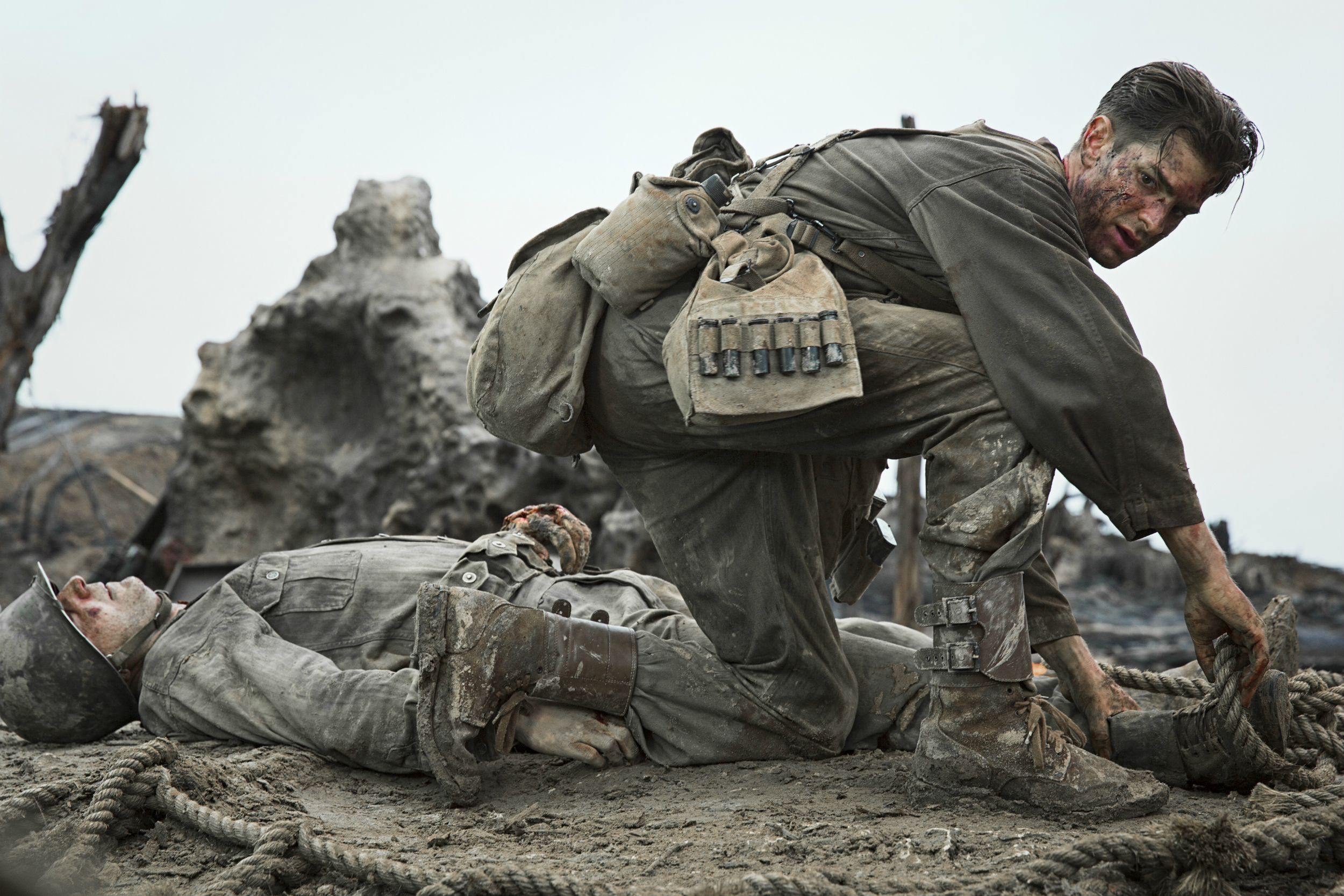
Mel Gibson has never been one for subtlety and Hacksaw Ridge is no exception. The character development is saccharine but earnest and the action is gratuitous but visceral. He is a visual director whose skills come through in the wordless action scenes. Gibson deftly stages the many moving pieces of combat to create a deliberately disorienting chaos. The violence may be too gory for some, but he captures the pandemonium of battle with great success.
Streaming options
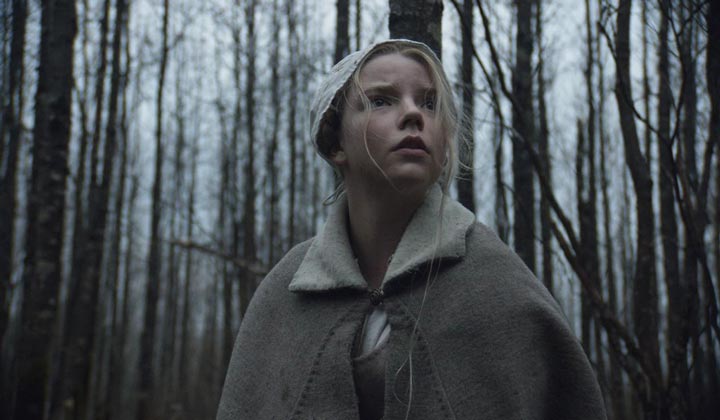
Stark and slow-moving, The Witch is a film that uses the bleakness of its period to full effect. It’s a horror film about the paranoia of a pilgrim family. When things don’t go according to plan and mutual mistrust builds, every character’s behavior becomes suspect. Even when the facts aren’t there to support assertions, it’s their perception of others and need for an easy explanation that leads to their downfall.
Streaming options
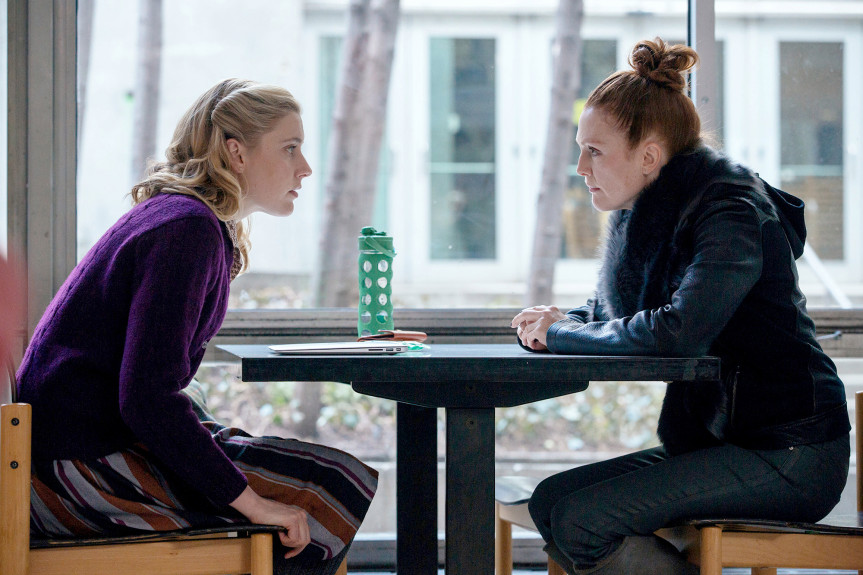
Despite her busybody nature, the titular character is never anything but endearing. Greta Gerwig’s performance shows that her meddling comes from the best of intentions. As Maggie pulls strings in the relationships around her, the genuine affection she feels for her loved ones and sacrifices she makes for their benefit make her a lovable presence. Even as she fumbles her plans, her actions are filled with a palpable warmth.
Streaming options
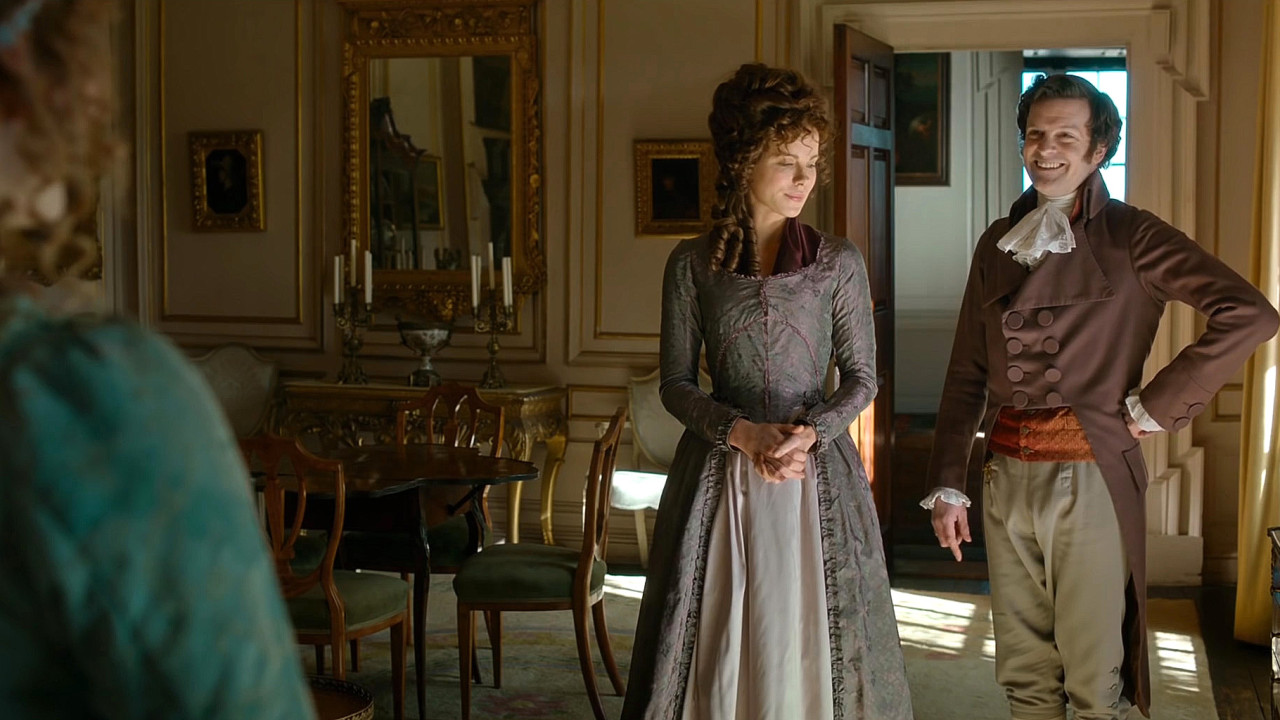
Who knew Whit Stillman’s arch humor would translate so well into a period piece? His clever phrasings and prim tone mix perfectly with the haughty manners of the setting. Kate Beckinsale as the deceptively loquacious widow is entrancing as she talks circles around her friends and family to get her every wish fulfilled. The swirling verbal dance she plays is a joy to behold, even when you know of her calculating nature.
Streaming options
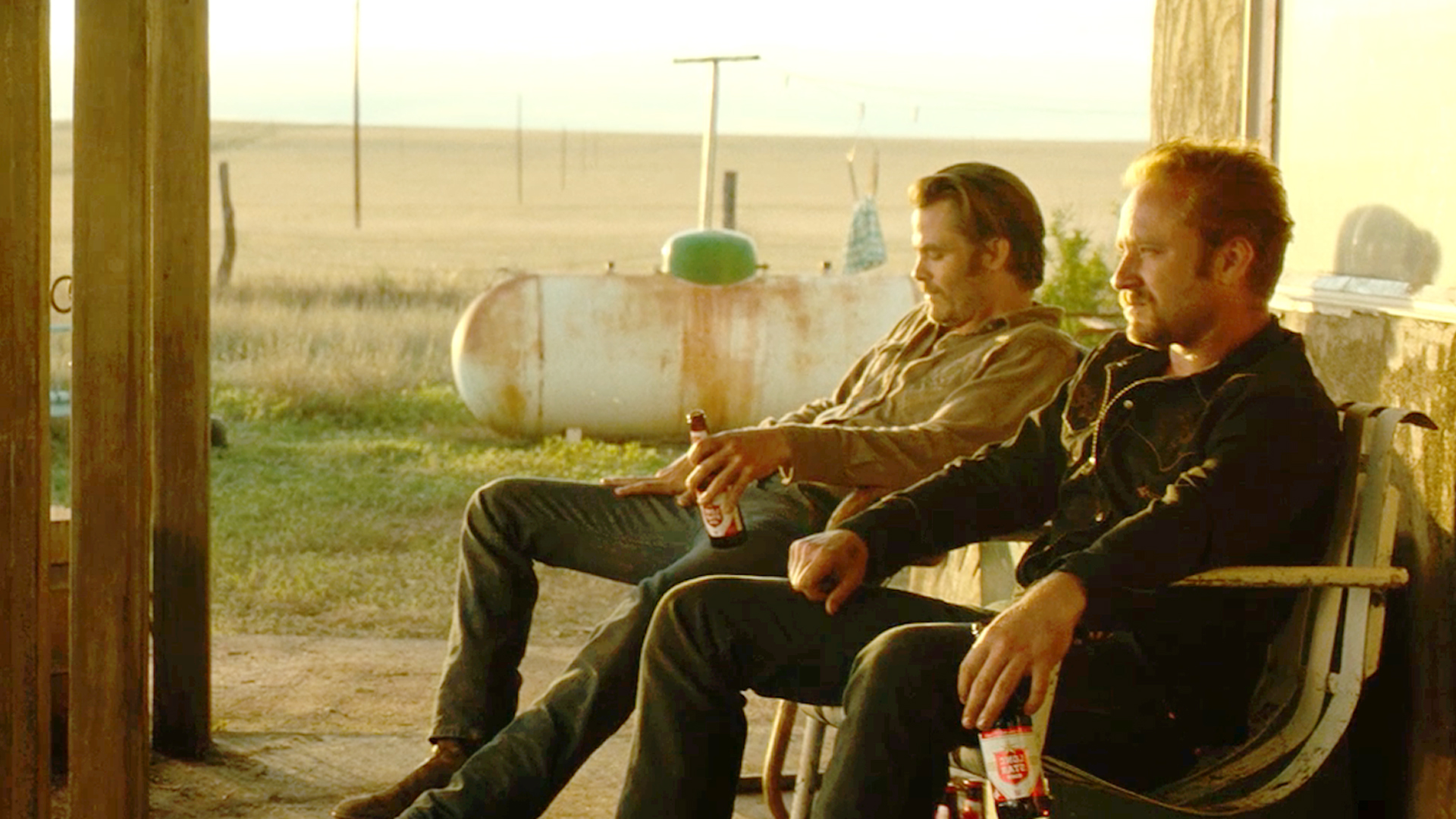
Hell of High Water is a film that strips a genre down to its core. It’s a modern western presented as a low-scale heist movie. Instead of relying on elaborate staging, it leans on the terse dialogue and body language of its characters. The acting is so expressive in its own subtle way that a brief conversation becomes as thrilling as a police shootout.
Streaming options
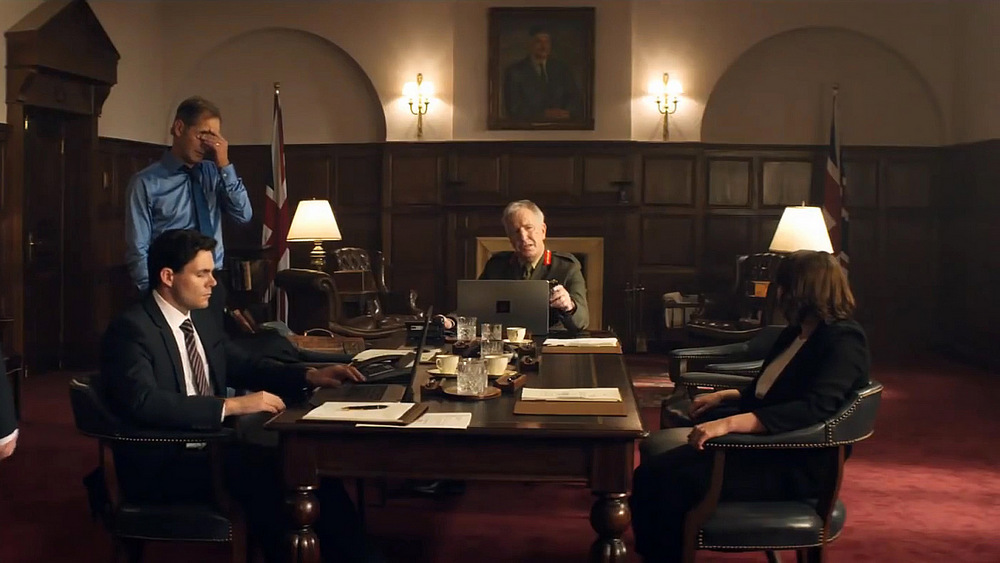
Drones have been a hot topic in the media lately, but Eye in the Sky is more than topical. It evaluates the minutiae of several stakeholders in each military mission. Politics, infantry, pilots, and data analysis all play a part in actions that have good intentions but inherent, often fatal, tradeoffs. The film succeeds by creating tension at each stage of decision-making and driving home the moral complexity behind every order.
Streaming options
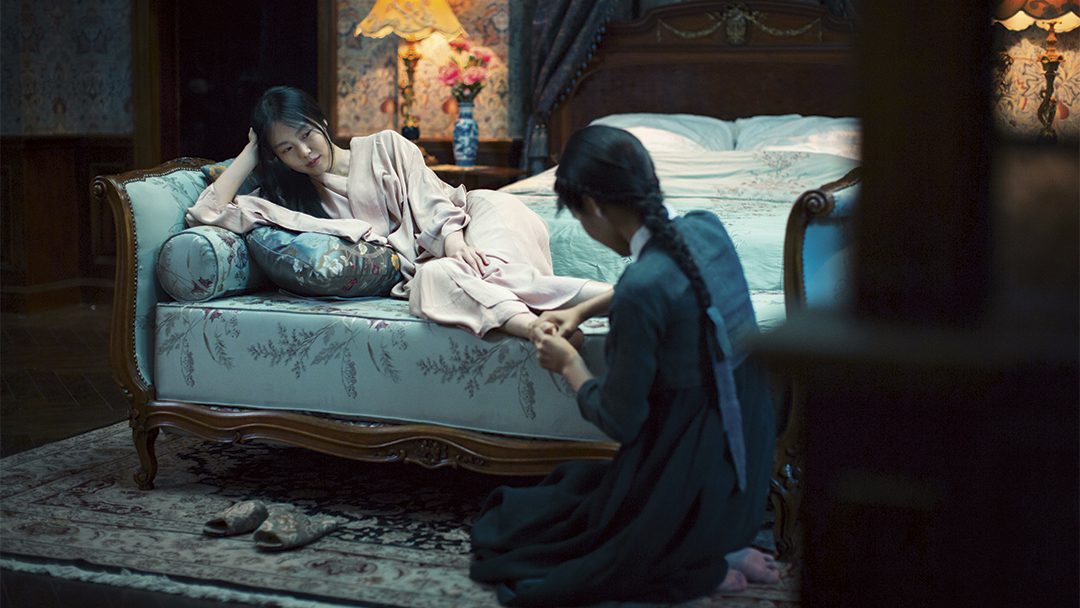
Park Chan-wook is known for his often transgressive plotlines but with The Handmaiden he adds a more playful tone. Returning to Korea after a brief foray into English language films, he is clearly enjoying his freedoms back home. The story swivels through different perspectives, each revealing new, film-altering context. Every twist is a face-slapping surprise as the director expertly – and repeatedly – flips over audience expectations.
Streaming options
7. Wiener-Dog

Director Todd Solondz has created another world of marginal characters locked into stagnant existences. Like Robert Bresson’s classic Au Hasard Balthazar, it follows one animal as it travels in and out of the lives of its owners. The overwhelmingly depressing tone may be too much for some, but there is truth behind each person’s failures. Their missed potentials or bleak futures are products of their unfortunate situations. Even as the characters sink further into their miserable realities, their plight is deeply sympathetic.
Streaming options
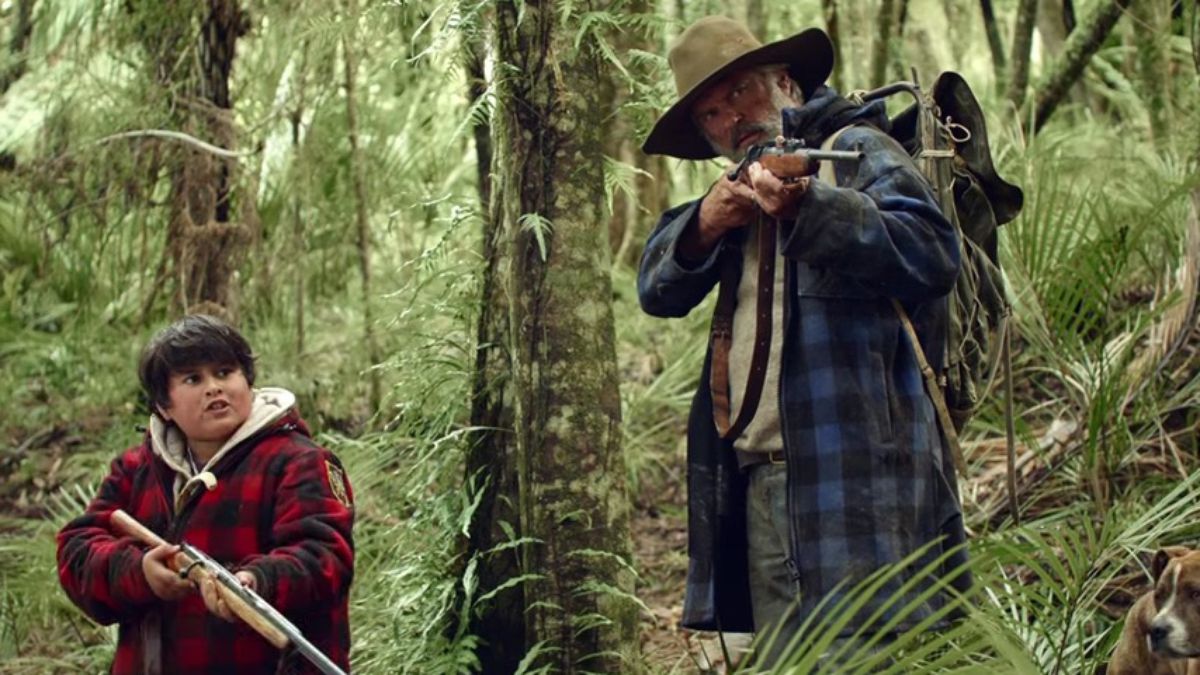
Balancing over the top antics with a heartfelt message of belonging, Taika Waititi has created his best film to date. The unlikely duo of a 13-year old ne’er-do-well and a grumpy old man mistakenly becoming the center of a nationwide manhunt is an endless source of humor and only buoyed by an eccentric supporting cast.
Streaming options
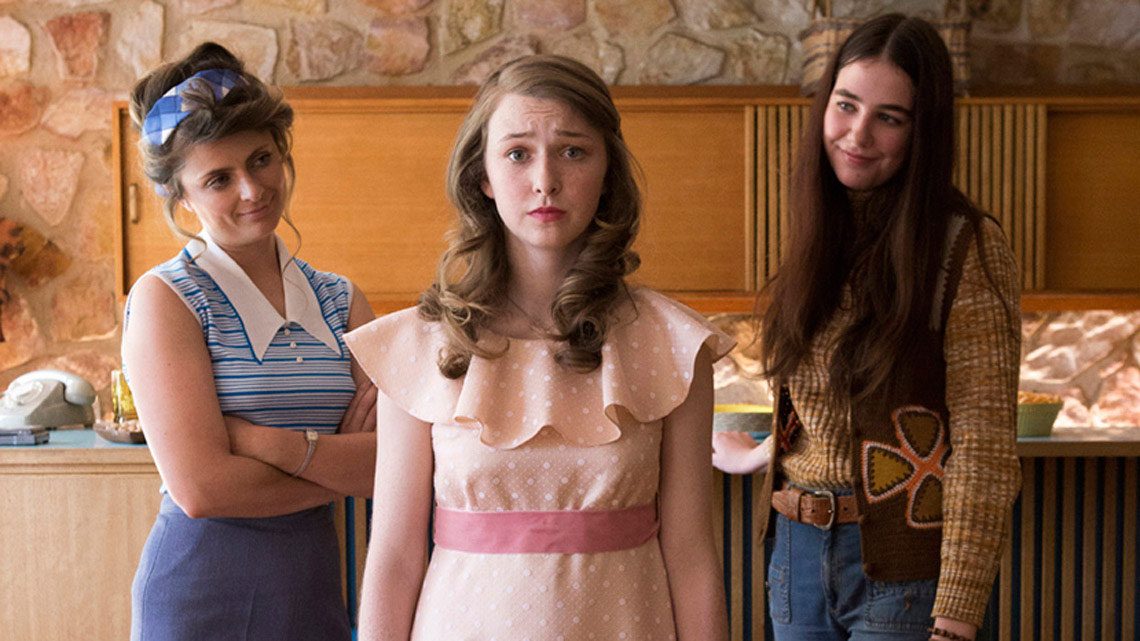
Set in an elaborately designed 1970s, Girl Asleep is a fresh take on the coming-of-age movie. The first half is a vivacious look into a teenage girl’s interactions with her quirky classmates and family, overflowing with panache, and the second half is a surreal exploration of the pressures she faces as she tries to reconcile changing expectations in her transition to womanhood and independence. It’s an original experience that is as flamboyant as it is honest.
Streaming options
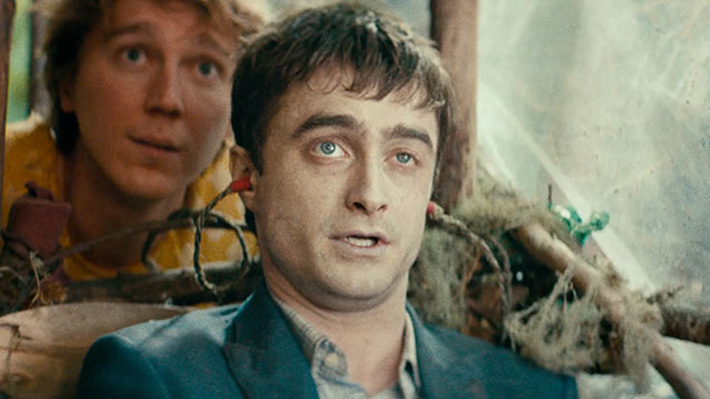
While it will most definitely turn off viewers with its aggressively weird premise and moments of gross-out humor, Swiss Army Man is an incredibly emotional journey. It looks at the value of friendship from the angle of outcasts and examines the nature of conformity with Daniel Radcliffe’s talking corpse as the mouthpiece of the directors. It’s a call to break free from our own inhibitions and an indictment of the self-doubt that prevents us from being happy, filtered through the minds of two strange filmmakers.
Streaming options
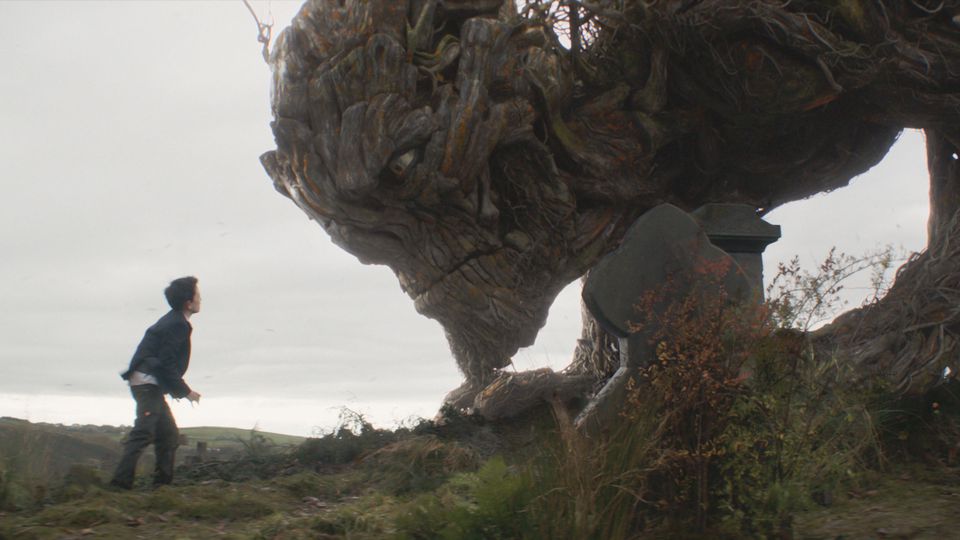
Movies are rarely more honest about grief than A Monster Calls, especially from a child’s perspective. At every turn, it eschews easy answers and delves deeper into the emotions behind the pain of watching a loved one suffer. Using beautifully rendered fairytale stories and a lifelike tree monster voiced by Liam Neeson, it tackles the seldom touched upon topic of guilt with uncommon sensitivity and insight.
Streaming options
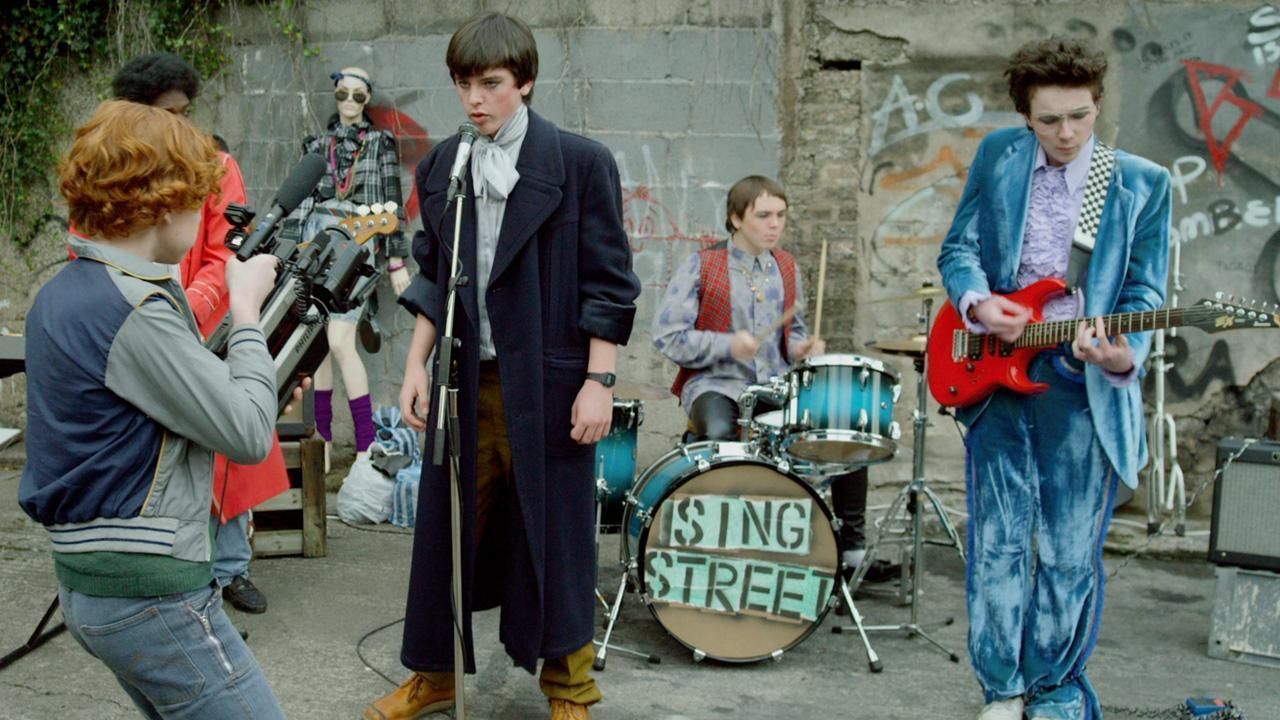
Sing Street is the most infectious movie of the year with an incredible original soundtrack and endearingly oblivious characters. As the kids start their own band in 1980s Dublin, their tenacious spirit and adorable naivete is irresistible. Whether it’s writing the next hit song or winning the affections of a certain someone, anything is possible. Director John Carney has proven once again that he is the master of the modern music movie.
Streaming options
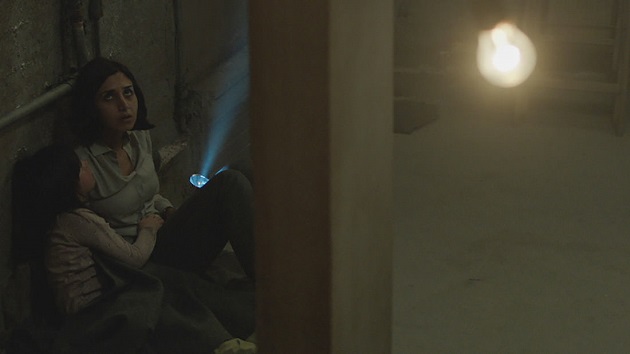
Blending physical and supernatural dangers, Under the Shadow creates tension with every scene. The unexplained missing items, freak occurrences, and ingrained superstitions escalate into an unbearable level of suspense without ever resorting to frequent jump scares or cheap gore. I have never been more terrified of a piece of fabric in my entire life.
[Streaming options. DO NOT watch the dubbed version. Please change your settings to watch in the original Farsi.}

Its appeal is incredibly small, but if you are in the specific demographic that grew up with the original web series, Pure Pwnage Teh Movie is going to be an unexpectedly successful modernization of an early-internet-video classic.
[Currently available for VOD rental on Vimeo]
